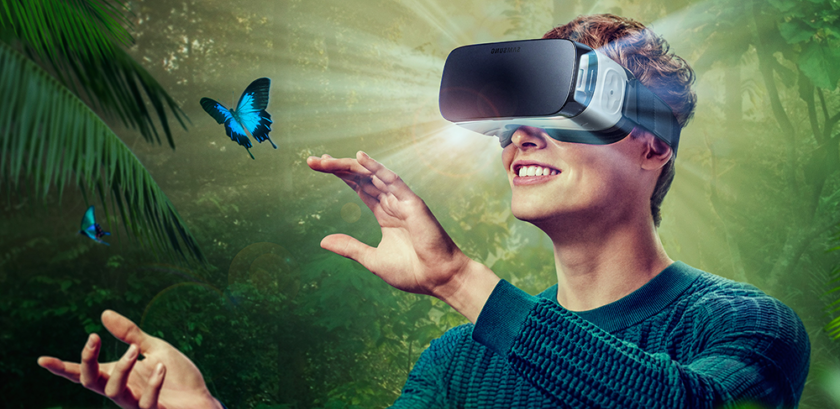Games/Interactive

Google, BBC Upbeat on VR, Despite Challenges
Story Highlights
NEW YORK — Google and BBC are upbeat about the possibilities of virtual reality (VR) despite lingering challenges that the technology still faces in reaching a mass audience, according to comments made by Kellee Santiago, Google senior producer of apps and games, VR/augmented reality (AR), and Bradley Crooks, head of digital entertainment and games at BBC Studios, at the Games for Change Festival June 29.
“Putting on the headset is a barrier to entry for VR, for sure,” Santiago told the Media & Entertainment Services Alliance (MESA) in an interview at the event.
Google has already collaborated on two VR projects with BBC, most recently “BBC Earth: Life in VR,” which was the subject of a panel discussion at the Festival. That title launched in February and was one of the titles ready for the recent launch of the Lenovo Mirage Solo, a standalone, “all-in-one” VR device that uses Google’s Daydream VR platform, Santiago noted.
There are also several Daydream-ready smartphones on the market, including the Google Pixel 2, LG V30 and Samsung Galaxy S9, S9+, S8 and S8+. Google also fields its own Daydream View VR headset.
The “BBC Earth” title received strong positive feedback from viewers and, for a while anyway, had the highest rating among apps on the Google Play Store, Santiago told MESA. The reaction was especially positive in light of it being a free title because you get “a much higher number of players” when an app is free, she said.
The title includes “game-like functionality,” she told us, noting the app is set on the California coast and users explore underwater life, using the controller to select points of interest and move along the paths underwater.
One challenge when developing the title was to strike the right “balance of giving players enough options to feel like they had agency within the experience, which is really important and why I think of it as game-like, but at the same time not overwhelming them or certainly not creating controls that would be very frustrating or not intuitive,” she explained. For non-gamers, agency is the level in which a game character’s actions are based on the player’s own decisions and determine how the game progresses.
“That intuition” component of the experience “was very difficult to figure out because the whole medium is so new [and] there’s not a lot of built-in knowledge around how to use a controller or how to use head gaze versus controller pointing to move through the environment,” she said.
The first VR title that Google collaborated with BBC on was “The Turning Forest,” which she said involved “moving from point to point within environments,” and so there was “less agency and more emphasis on the narrative of the documentary and the information that was being presented in the documentary.”
“BBC Earth: Life in VR” represents a “natural evolution” in exploring “how to tell these stories in VR,” she told MESA, adding: “It’s been truly an outstanding partnership and we hope to continue doing content with BBC.” But when asked if Google and BBC are collaborating on any new projects, she declined to comment.
Regarding the challenge involved with VR reaching a larger audience, Santiago said she hadn’t seen “enough quantitative data” to tell if some demographics were more open to wearing the headset than others. But “the data set is still pretty low anyway,” she said.
That “physical action of putting on a headset [and] shutting everything out” all around the user is something that at least some people may be more open to in an enterprise or classroom environment …. or an arcade, “where you’re going explicitly to have an experience and so you don’t mind putting on gear or taking physical actions that you wouldn’t normally, in interacting with your everyday devices,” be doing, she said.
During the panel discussion, she said: “We can see the possibilities of VR…as a real powerful tool for empathy, to put you in the place of and experience the world in someone else’s eyes.”
But she said “there are challenges” involved, especially when requiring people to wear a headset. “VR itself is so new” and so is the controller for it, “so everyone’s understanding of it is still growing as we develop these experiences,” she said.
BBC’s Crooks also pointed to the need for headsets as a “barrier” to wider VR adoption. But he said: “As the market develops and it becomes more mainstream and there are more headsets out there” — and there’s more content to help drive the market — momentum will grow. Declining prices will help also, he said.
From a development standpoint, “what’s funny about VR is you think you know what’s going to work and you test it and it just doesn’t work at all,” Phil Stuart, founder and creative director of game studio Preloaded, said. His company collaborated with BBC on “BBC Earth: Life in VR.”









